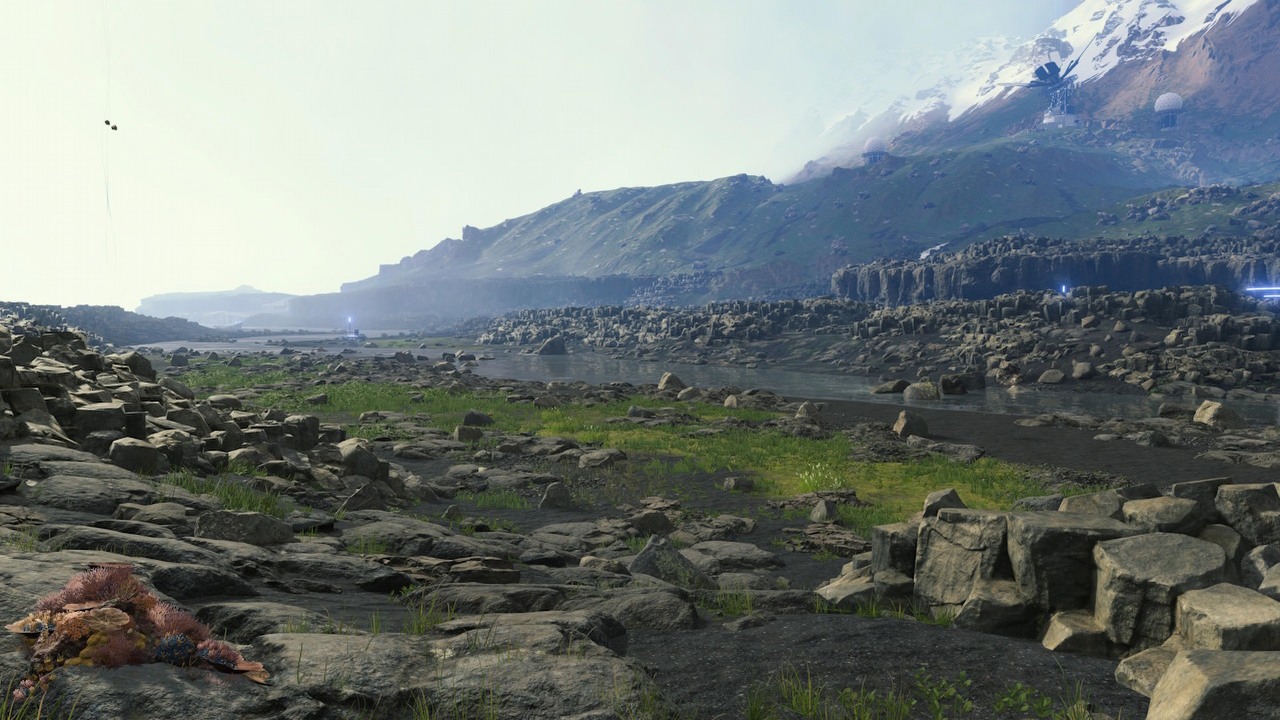Gothic and Yakuza Devs Predict End of Big Worlds in Games
Toshiro Nagoshi and Björn and Jennifer Pankratz believe that developers should stop betting on developing ever larger virtual worlds.

This is the end of the era of “ever bigger” games, according to some developers. This is the opinion of both Björn and Jennifer Pankratz from Pithead studio (formerly working at Piranha Bytes) and the creator of the Yakuza series Toshiro Nagoshi.
Yakuza's father bets on a smaller world
The Japanese developer, who left the Ryu Ga Gotoku studio three years ago, shared his opinion in an interview with Famitsu (via Automaton Media) about the debut game of his new team (Nagoshi Studio): an extensive action-adventure game for mature audiences that is not "exactly the same" as Yakuza, but also one that isn't supposed to disappoint fans of the dev. The project has been developed on the Unreal Engine 5 from the beginning.
Nagoshi also hinted at the overwhelming number of games that cannot be completed in a "reasonable time." He himself is trying to reduce the "too big" map of his new studio's first project and believes that "the time of promoting games by size is coming to an end". According to Nagoshi in the industry (especially outside of Japan), emphasis is placed on the minimal size of the game (or, as he put it, that the scale "must be at least this"), and not on adjusting its size so that the game provides "fun" (including by determining the "perspective" and the "goal, for which the player is the hero" in the game world).
Not such a big Gothic 2
The Pankratz shares a similar opinion, who - as they admitted - used to make big games, which was supposed to be a popular trend. Truly, we only need to take a look at the marketing campaigns of many games from the past decade, where devs focused on the increasing size of the map, a vast number of missions, quests, or side activities, and the lengthy time required to fully complete the game.
Piranha Bytes was no exception, with the Pankratz noting that sometimes these slogans had little to do with reality. For instance, in the case of Gothic 2, it was said to be 25 square kilometers (due to Stefan Berger's statement), and later it was stated that the third installment had a world three times larger.
Fans have long been saying that this doesn't make any sense, and the Pankratz confirms it: the map of Gothic 2 was approximately 15 square kilometers in size. Risen had a smaller world, but Piranha Bytes struggled to persuade both the publisher and journalists that it was a good decision.
Devs of Risen after Piranha Bytes: "end of big games"
The Pankratz noticed that many people are simply tired of such big games. For instance, even as the subsequent Assassin’s Creed games grew in size, a German couple inquired about the number of people who have obtained all or most of the achievements, thereby exploring everything that these titles have to offer. Ubisoft itself highlighted the smaller map size of Assassin's Creed: Shadows (via Games Radar), as well as the shorter time it takes to complete AC: Mirage compared to AC: Valhalla.
The Pankratz family doesn't criticize the entire Ubisoft series at all: in their opinion, in Origins, the company managed not to overdo the scale of the map. Nonetheless, Pithead studio believes that even in Odyssey, the excessive size was already a burden for players (let alone in Valhalla).
Two Worlds also had this problem, according to the Germans: towards the very end the player had nothing to do, which led to boredom. In this case, as the couple mentions, it could have been the result of world-building, and only later thinking about filling it with content (which is the opposite of what Nagoshi wants to do in his new game).
Game pace above all
The Pankratz doesn't provide specific examples, but they draw attention to something that has been frequently heard in recent years: large areas of land, actual deserts (sometimes literal), that are often crossed without anything to do or see (no, they aren't referring to Death Stranding, because they argue that the entire game is based on this approach and that is why "it works").
Therefore, the most important thing isn't the size (big or small), but maintaining the right "pace": creating a world in which there are neither too many empty areas, nor constantly popping up events or quests.
Of course, a lot depends on the whole game. Exploring locations freely, like deserts, can be quite entertaining at times, but in the case of a different game, a vast world may not be required.
In other words, both Nagoshi and the Pankratz advise developers not to forcibly create large worlds, but to consider what their project is, what its strengths are, and what size of the map best fits the gameplay.
- maps / virtual worlds
- Bjorn Pankratz
0

Author: Jacob Blazewicz
Graduated with a master's degree in Polish Studies from the University of Warsaw with a thesis dedicated to this very subject. Started his adventure with gamepressure.com in 2015, writing in the Newsroom and later also in the film and technology sections (also contributed to the Encyclopedia). Interested in video games (and not only video games) for years. He began with platform games and, to this day, remains a big fan of them (including Metroidvania). Also shows interest in card games (including paper), fighting games, soulslikes, and basically everything about games as such. Marvels at pixelated characters from games dating back to the time of the Game Boy (if not older).
Latest News
- End of remote work and 60 hours a week. Demo of Naughty Dog's new game was born amid a crunch atmosphere
- She's the new Lara Croft, but she still lives in fear. Trauma after Perfect Dark changed the actress' approach to the industry
- „A lot has become lost in translation.” Swen Vincke suggests that the scandal surrounding Divinity is a big misunderstanding
- Stuck in development limbo for years, ARK 2 is now planned for 2028
- Few people know about it, but it's an RPG mixing Dark Souls and NieR that has received excellent reviews on Steam, and its first DLC will be released soon

